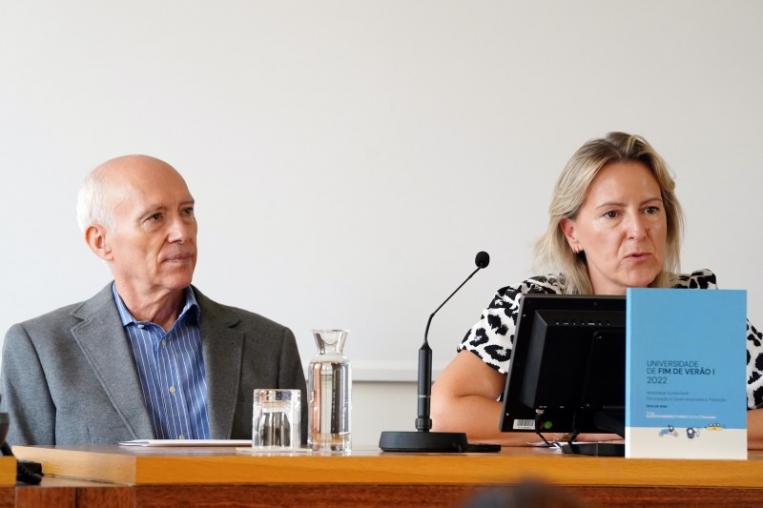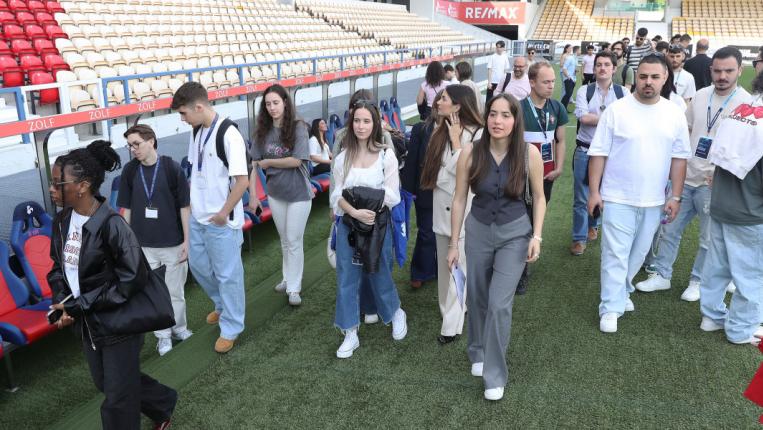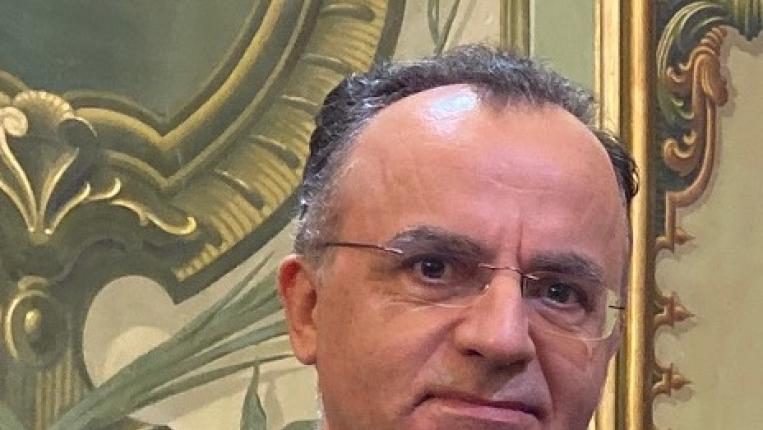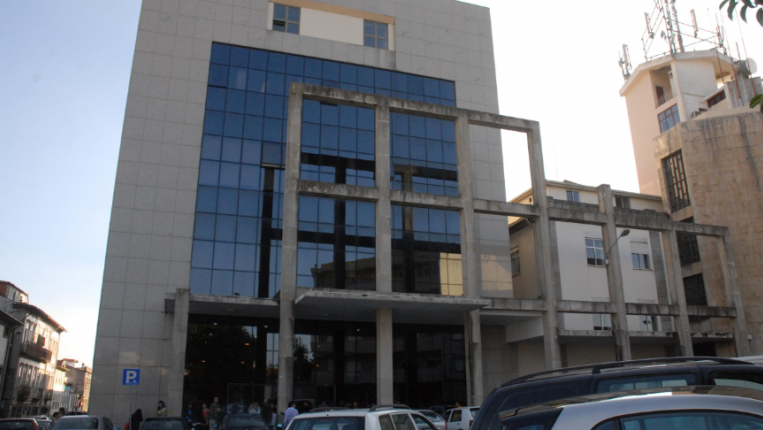
The End of Summer University, part of the European Mobility Week programme, allows young people to contribute to the process of planning public roads in cities.
‘In this edition we are particularly interested in reflecting on the role of children and young people in city planning and design processes. The contribution of academia to the debate on these issues is fundamental.’ The challenge was launched yesterday by the councillor for Mobility at Braga City Council, Olga Pereira, at the opening session of the third edition of the End of Summer University, which runs until Friday on the campus of the Portuguese Catholic University. This year's theme is ‘Shared Public Space’.
The purpose of the End of Summer University is ‘to make (society) aware of the challenges intrinsic to a more equitable distribution of space. It's important to bear in mind that associated with these challenges are pressing issues such as the privatisation of public space linked to excessive dependence on individual transport, or universal access not only for people with reduced mobility, but also for under-represented groups,’ said Olga Pereira.
One of the ways university students can participate in city planning is through the Urban Innovation Laboratory, which brings together scientific knowledge from universities, polytechnics, research centres and companies.
‘Throughout the year, students from various disciplinary areas and institutions are welcomed into this laboratory for academic internships. Projects are also developed based on action-research practices where different organisations come together to co-create solutions for the city,’ explained the Councillor for Mobility. The Urban Innovation Laboratory has already made it possible to develop projects such as Just-Streets, which has partnerships with the University of Porto, the University of Westminster (England), the University of Copenhagen (Denmark), 12 cities and 32 international organisations. The project aims to make streets safer and more welcoming.
Councillor Olga Pereira also emphasised that over the three days of the event, topics involving the areas of Sociology, Geography, Education, Social Work, Tourism, Architecture, Urban Planning and Civil Engineering are debated.
The director of the Catholic University's Faculty of Philosophy and Social Sciences, José Manuel Lopes, argued that the university ‘has taken on a fundamental role in the transmission of knowledge and innovation’ and has invested in a ‘constant dialogue with society in order to rethink the use of urban space’.






